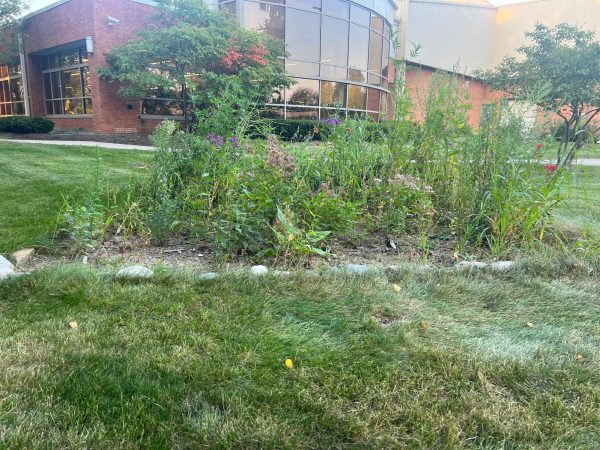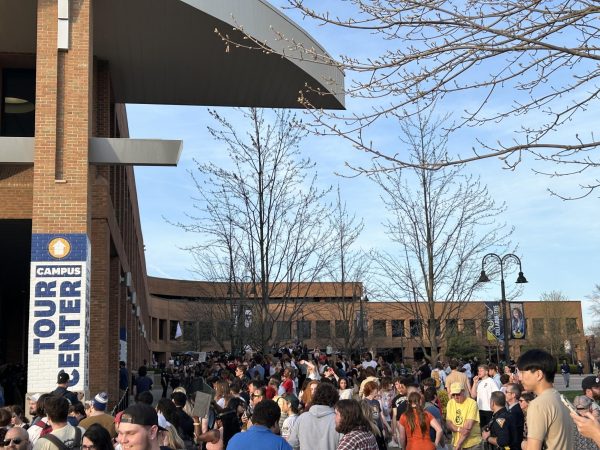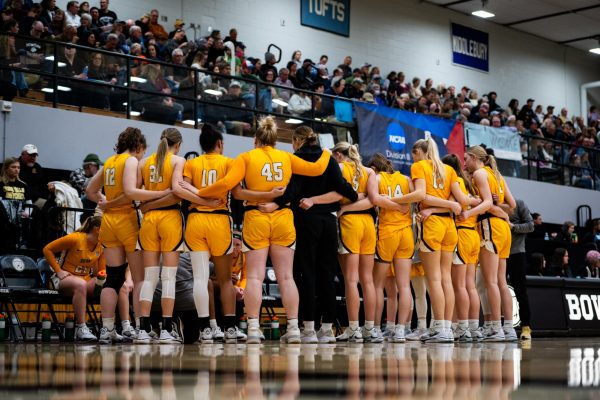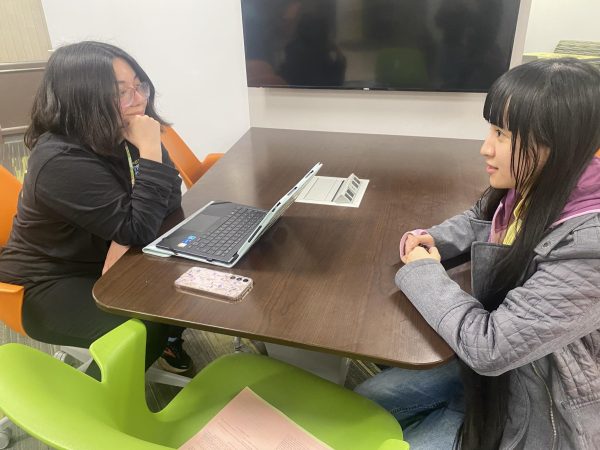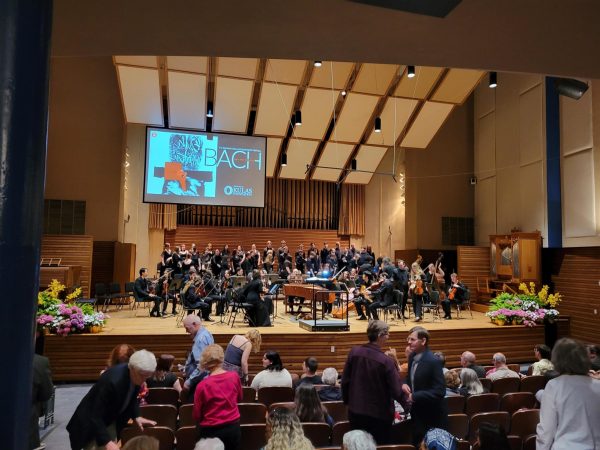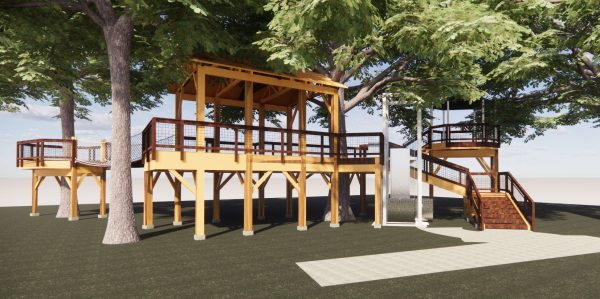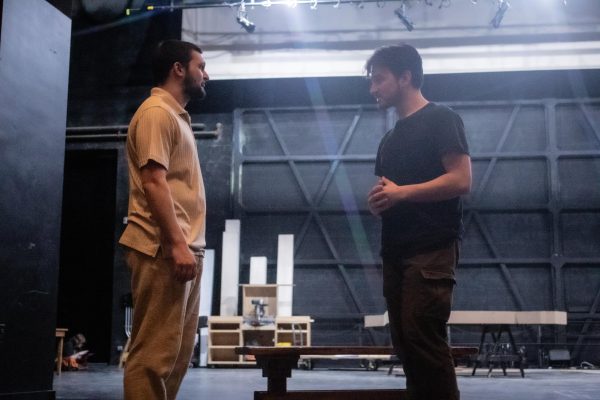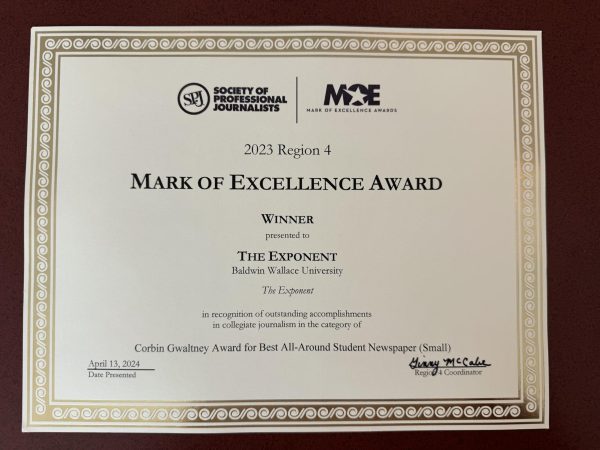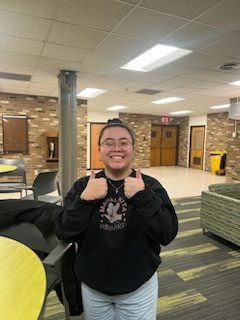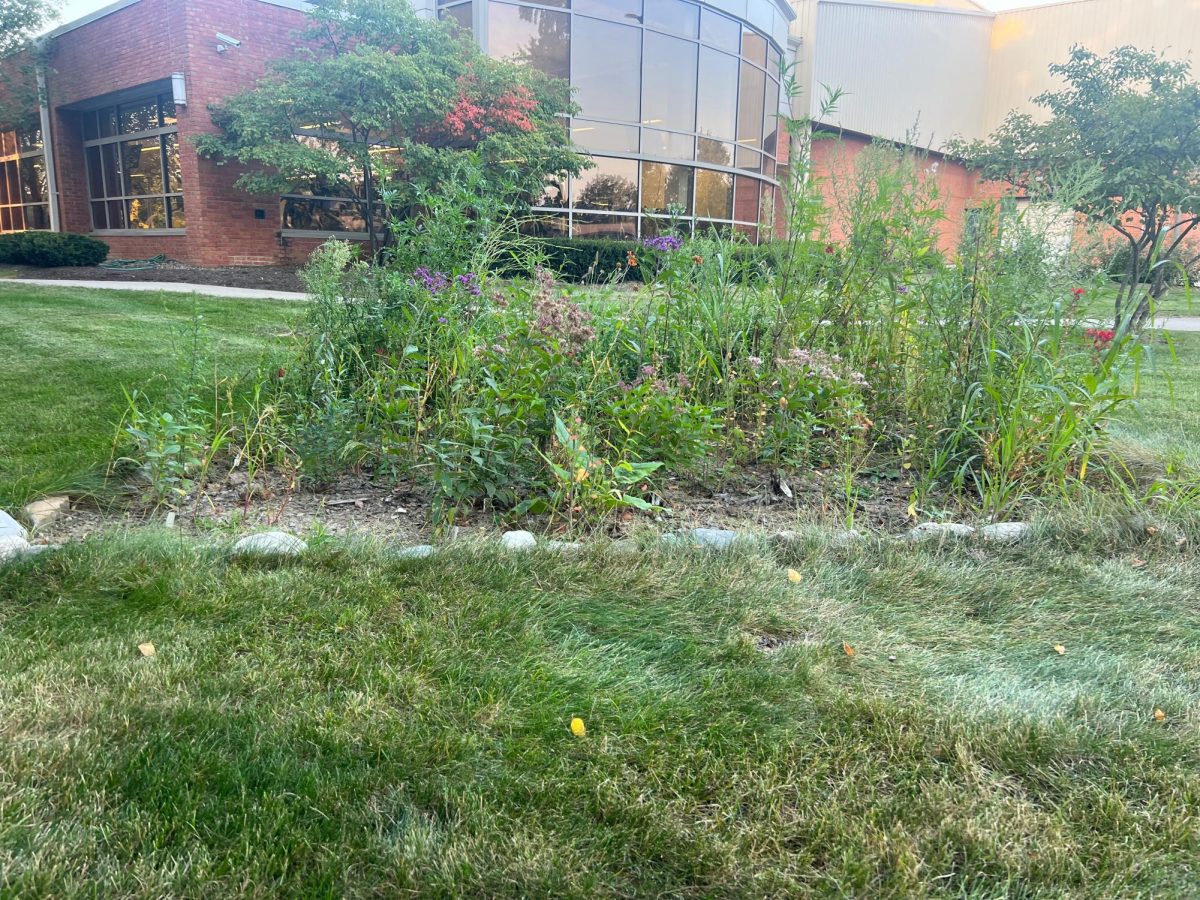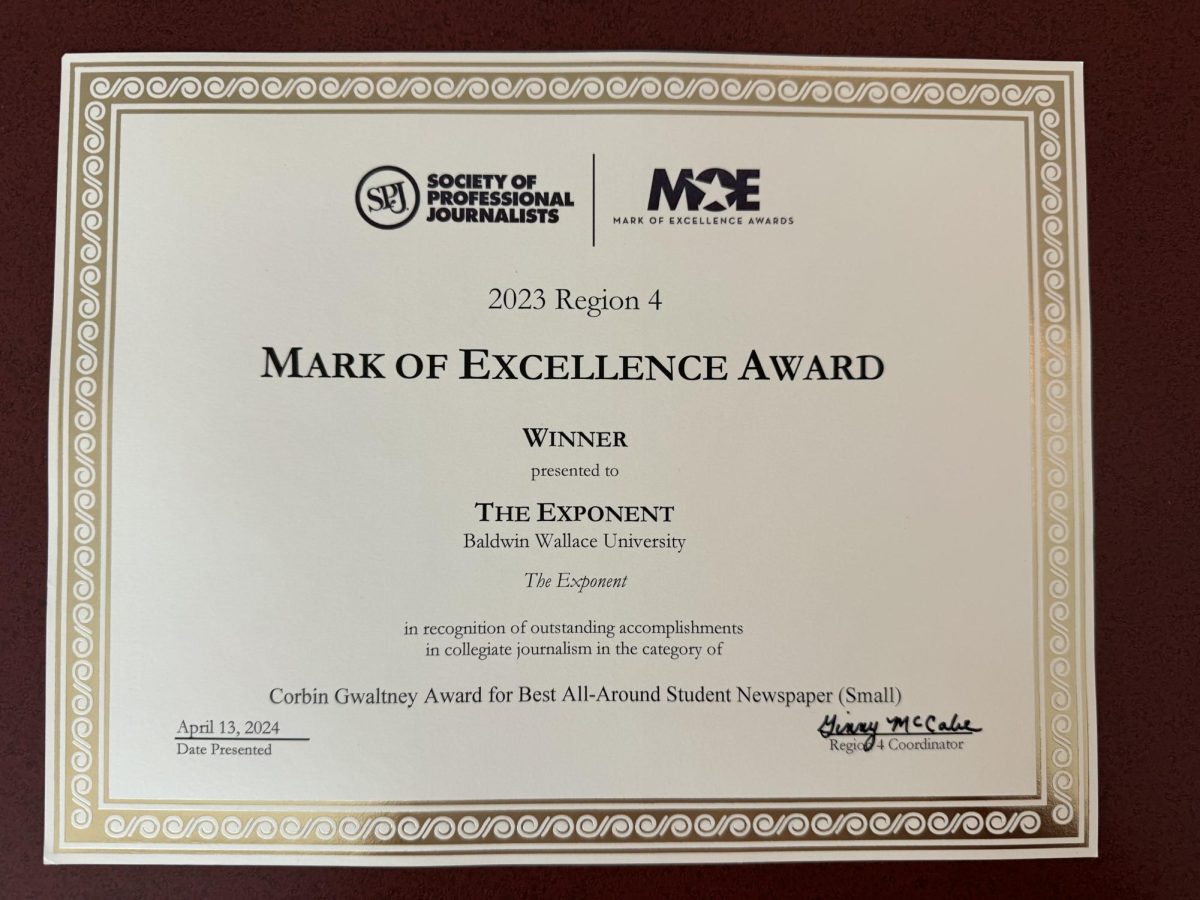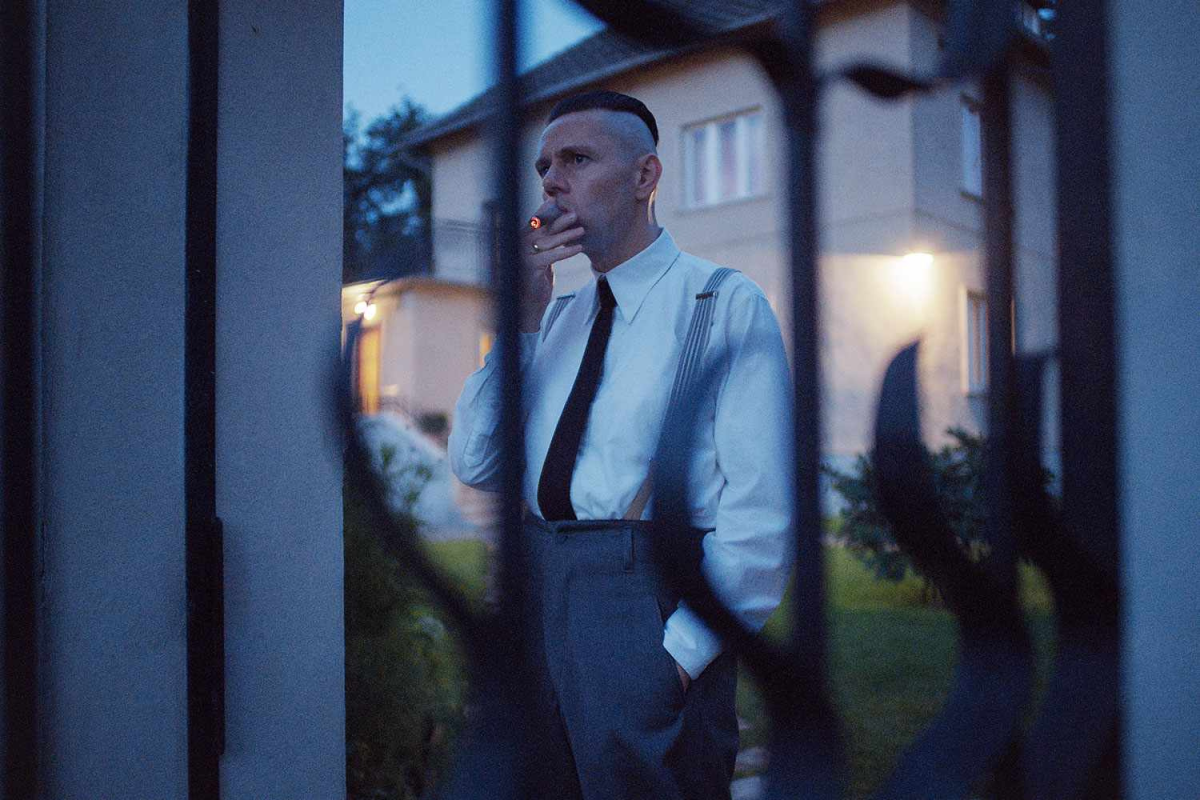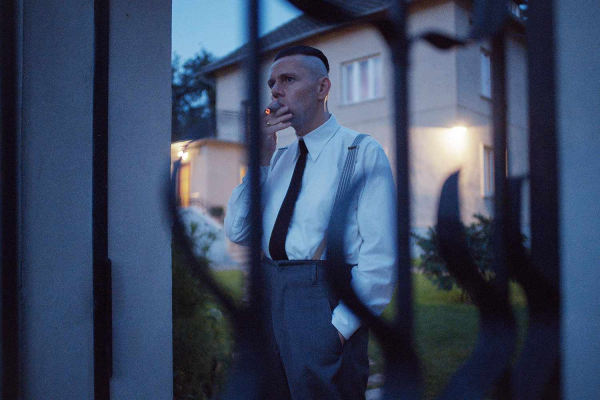How Conservatory Recitals are Functioning Under Pandemic Guidelines
Baldwin Wallace’s Conservatory of Music is nationally renowned, and for the hundreds of incredibly talented students who endure a rigorous four years in the school, the senior recital is the pinnacle of their careers at BW—a chance to show off the skills they’ve honed in on so meticulously.
Like every school across the country, Baldwin Wallace has been heavily affected by the COVID-19 pandemic. But the Conservatory of Music has been hit especially hard. Being able to articulate sound using the mouth is an essential part of the everyday lifestyles for many music majors. But with singing and playing instruments comes the inevitable spreading of the germs that come with, well, breathing.
Because of all this, many musical seniors are having recitals that are radically different from previous ones, with more restrictions and frustrations.
Veronica Cator, a senior Music Composition major with a concentration in Vocal Performance, says that her recital, which will be held at the end of April, is certainly going to look different than envisioned originally.
“I’ve decided to pre-record and livestream the entire recital, because I didn’t want to deal with only having a certain number of people allowed in the room with me,” Cator said. “It will mostly be a matter of recording rehearsals and sessions. It’s an enormous hassle but it’s better than trying to coordinate a live recital.”
Even though Cator feels the new guidelines are proving to put a damper on her initial plans, she says she’s remaining positive and enthusiastic.
“I’m still really excited about it, but I am disappointed that it’s going to be so different than the plan I’ve been working on for over a year leading up to COVID. It’s overwhelming but still exciting.”
Two other BW Conservatory students, Samantha Dzielski, a Music Education major with a Vocal Performance concentration and Julia Morreale, also a Music Ed major, also pre-recorded their recitals, and they both think there were pros and cons to doing so.
“I think the experience really forced me to think creatively in a digital platform,” Dzielski said. “I now have a product that I can re-watch as many times as I want. But of course, performing without a live audience to celebrate with you is kind of depressing.”
The biggest letdown though, was an issue of closure.
“I don’t feel like I ever got any closure,” she continued, “for all the work I did and all the time I put into my singing and dancing curriculum over the past four years. It feels anti-climactic.”
Morreale agreed, saying that even though she learned so much from having a virtual choir and learning how to navigate a digital setting, if given the chance, “would choose an in-person recital without hesitation.”
For Cator, Dzielski, and Morreale, senior recitals certainly meant something different for them. They are not alone in their sentiments, but have come to acknowledge that if this pandemic has any silver lining, it has shown students that even in the face of disappointment and academic curveballs, they can still achieve great things.
The Exponent is looking for financial contributions to support our staff and our newsroom in producing high-quality, well-reported and accurate journalism. Thank you for taking the time to consider supporting our student journalists.

